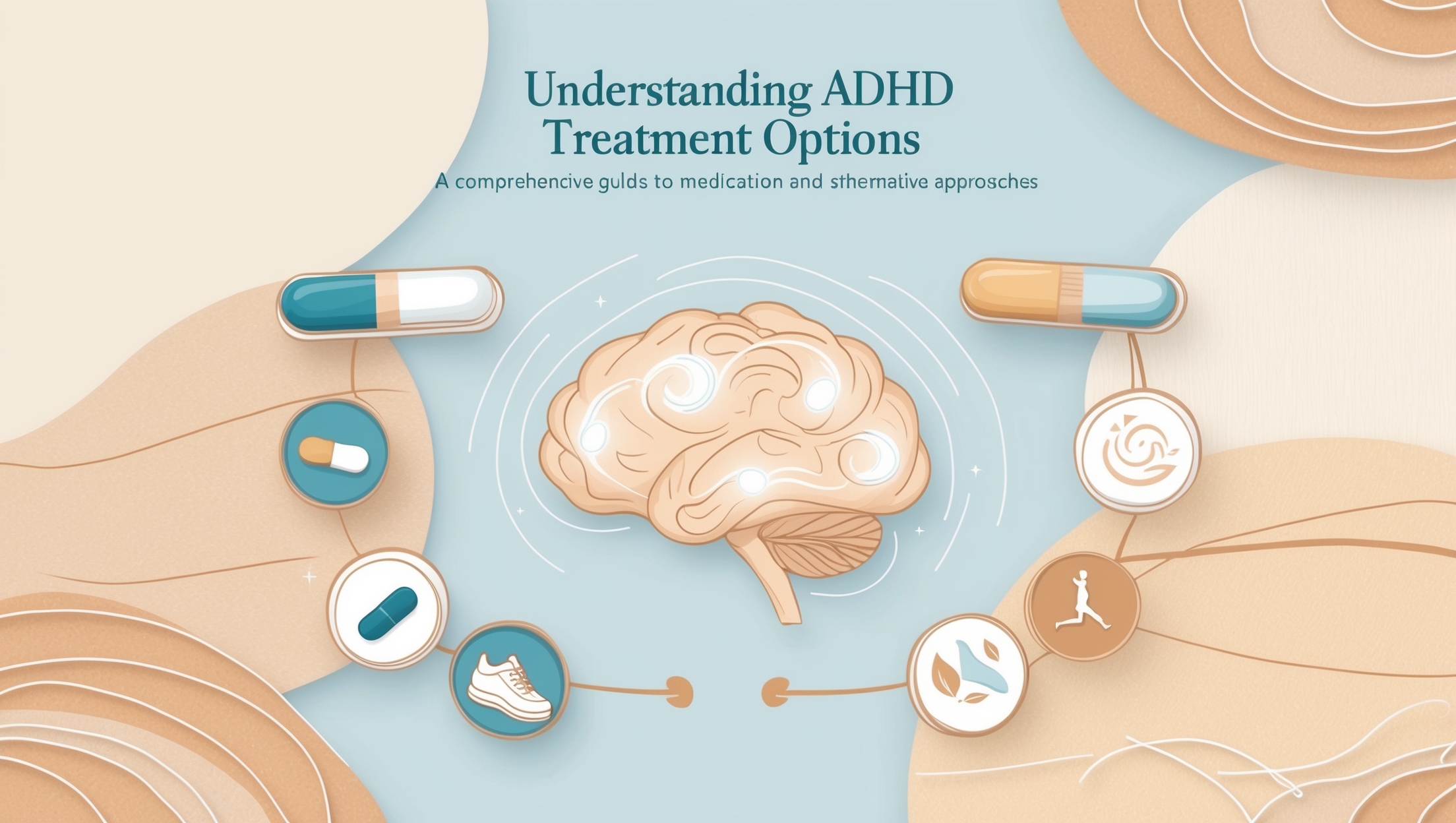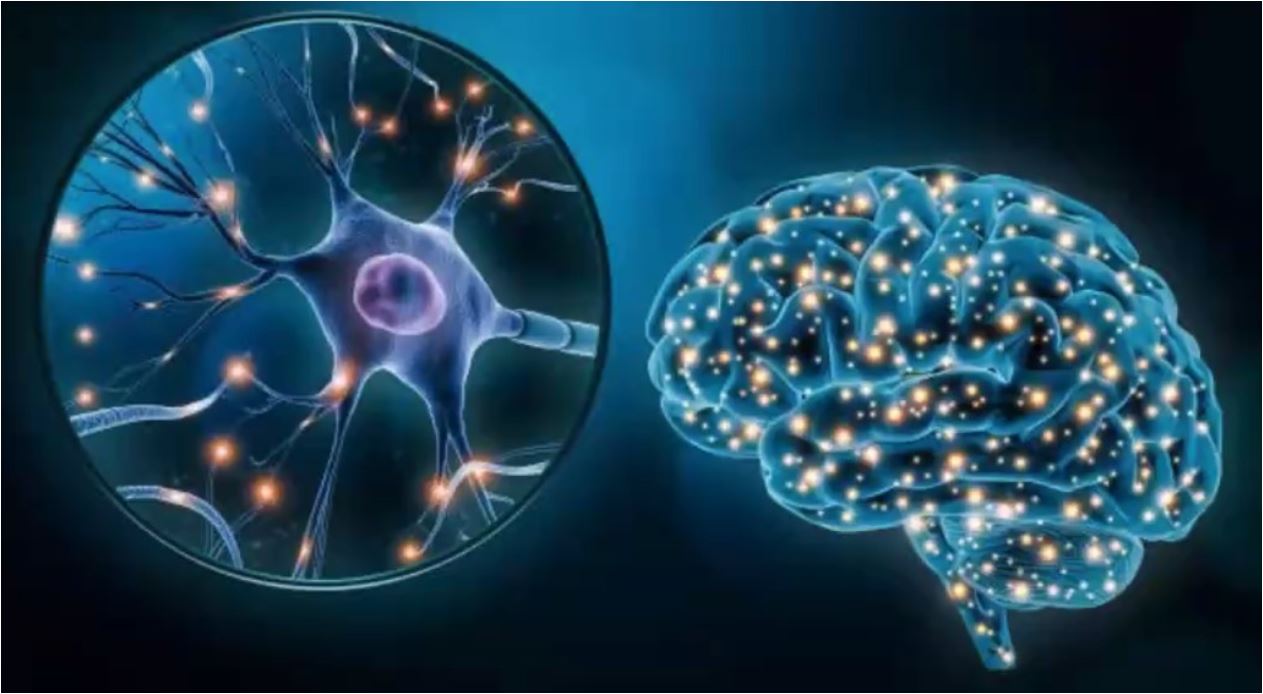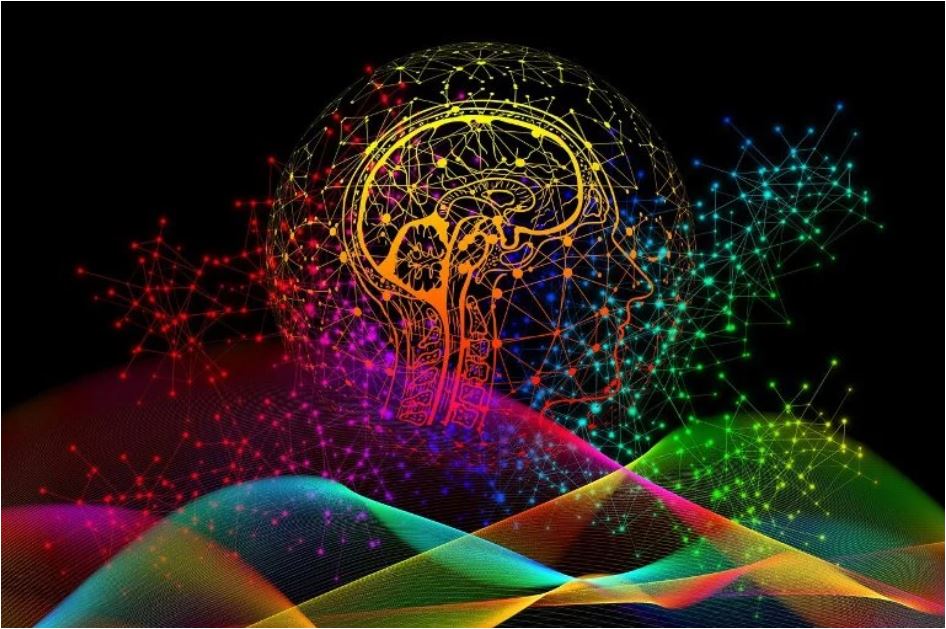What to Say to Your Young Child with ADHD After a 10-Day School Suspension
Children with ADHD often struggle with impulsivity and emotional regulation, which can lead to disciplinary actions like suspensions. Addressing the issue thoughtfully helps your child understand the consequences of their actions without damaging their self-esteem. It also provides an opportunity to teach coping mechanisms and reinforce that they are loved and supported. This conversation can set the stage for long-term behavioral improvements and better collaboration with educators.









